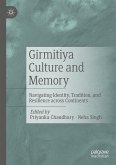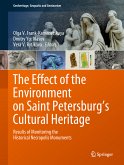This book encourages a critical dialogue between interdisciplinary fields that border heritage boundaries and seeks to contribute a wide range of scholarly perspectives and case studies (both national and international). The widespread use of the concept of soft power is sometimes grossly misused as a synonym for anything other than military force. While the concept is one of the most popular and influential in progressive foreign policy circles and is noted for being the ability of a country to convince others that its cause is the best, without having to resort to economic or military threats, the your ability to accurately describe the world we live in needs repair lenses. The power of example, the power of attraction through culture or, in other words, the ability of a country to attract others because of its culture and political values ¿¿in its foreign policy, that is, soft power, is something that emerges in partly because of government and partly in spite of governments. To have soft power, you need to be connected, and the interaction, management and dissemination of assets can be seen as exercises in soft power action. This book seeks to detail in examples how the concept of "soft power" encompasses and problematizes the multiplicity of themes on the contemporary international agenda, focusing on one of its least discussed elements: the universe of international cultural heritage and the relationship between actors and society, preservationist actions in the globalized world. While cultural heritage embodies different values ¿¿and can serve different economic, social and political objectives in development contexts, the past becomes a cultural currency when it becomes essential to the human experience.
Dieser Download kann aus rechtlichen Gründen nur mit Rechnungsadresse in A, B, BG, CY, CZ, D, DK, EW, E, FIN, F, GR, HR, H, IRL, I, LT, L, LR, M, NL, PL, P, R, S, SLO, SK ausgeliefert werden.









